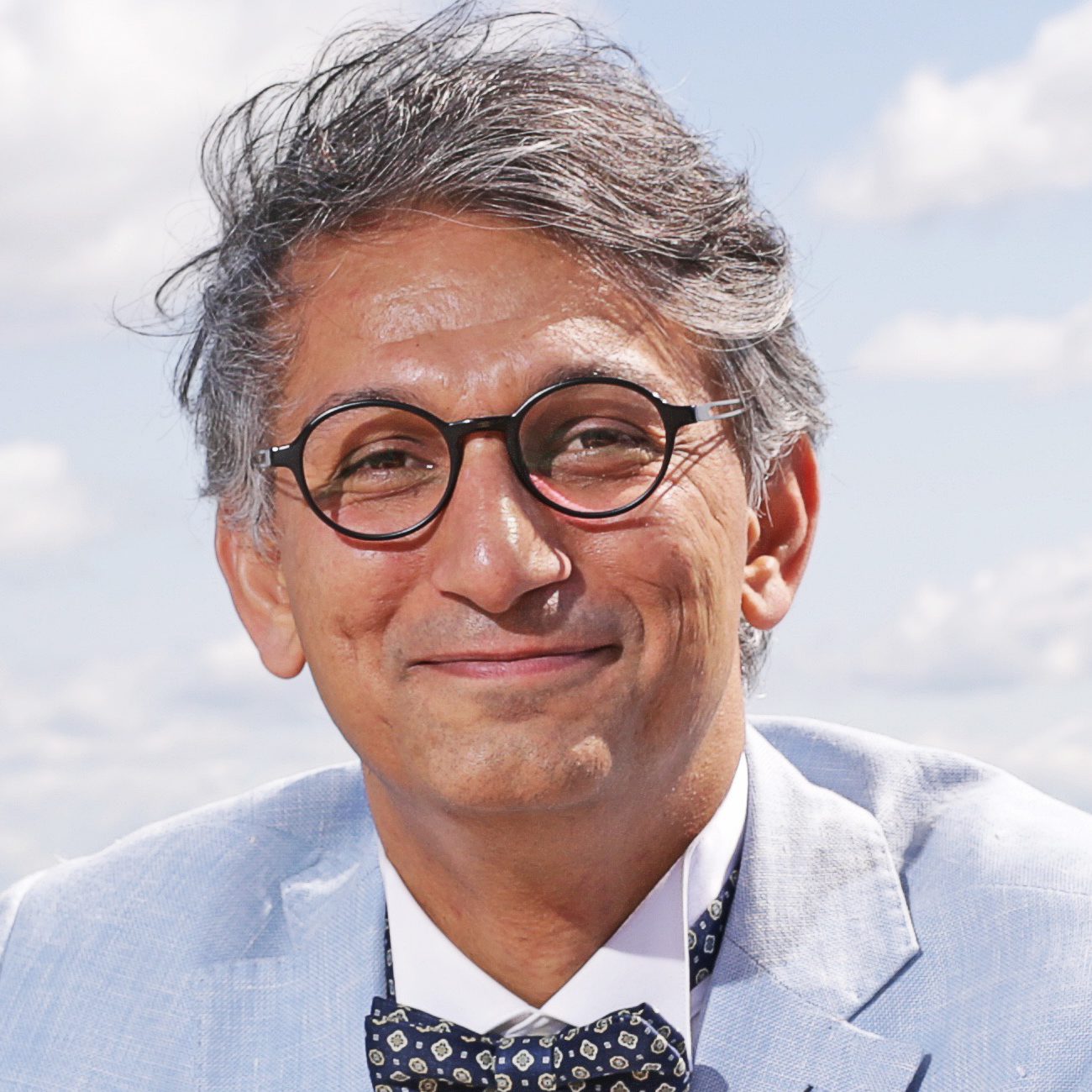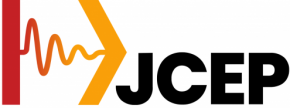Professor Ebrahim Karimi received his diploma in Mathematics and Physics from Eghbal Lahori (Saghez) in 1997. He fell in love with physics and mathematics as a high school student while attending several national physics conferences. He received a BSc in Physics with an emphasis in mathematics from Kerman University in 2001. He joined the mathematical physics group in IASBS for the graduate study and was ranked 18th among all incoming students. He later changed his research focus and graduated under the supervision of Prof. Arashmid Nahal “Laser Cooling and Trapping of Natural Atoms” in 2002 Prof. Yousuf SOBOUTI was his graduate advisor. During that time he also worked on Singular Optics with Prof. Mohammad Taghi Tavassoli and Prof. H. M. Khalesifard. In 2009, he received PhD degree from the University of Naples “Federico II”, under the supervision of Prof. Lorenzo Marrucci and Prof. Enrico Santamato. He received the best PhD thesis award for his thesis titled “Light orbital angular momentum and its application on the classical and quantum information“. After his Ph.D., he worked as a postdoctoral fellow under Phorbitech FET project (led by Prof. Lorenzo Marrucci), and in Prof. Robert Boyd’s Quantum Optics group. Prof Ebrahim Karimi is currently holding the Canada Research Chair in the field of Structured Light, and is the group leader of Structural Quantum Optics (SQO) at the University of Ottawa. He is also an adjunct professor at IASBS-Iran, a visiting professor at Max Planck Institute for the Science of Light at Erlangen-Germany, and is an Associate Editor of Optics Express (The Optical Society-OSA) and New Journal of Physics (IOPscience). Prof. Karimi received several awards, such as Ontario’s Early Researcher Award in 2018, Young Researcher of the year in Faculty of Science in 2018 at the University of Ottawa, a Fellow of The Optical Society (OSA), a member of the Global Young Academy (GYA), and a Fellow the Max Planck Institute. Applications of structured quantum waves (massive and massless particles) in modern science are the main subject of his research team

